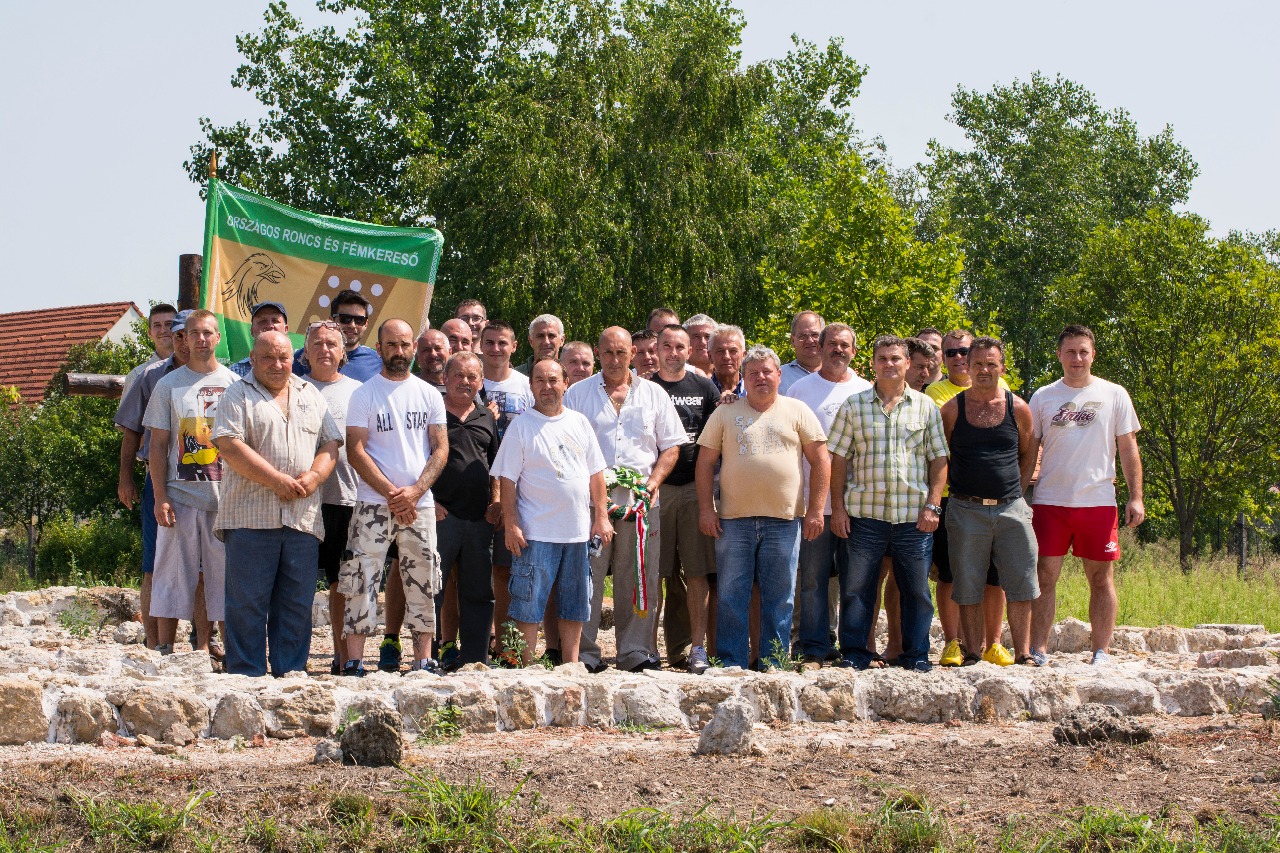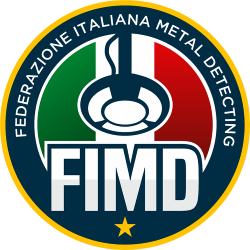L’Ungheria si unisce all’ECMD! ITA – ENG

Il Consiglio Europeo per il Metal Detecting ha un nuovo membro – l’Ungheria. Paese con una storia incredibilmente affascinante, ha appena deciso di unirsi a noi nella promozione del metal detecting responsabile, stabilendo uno standard futuro per le leggi e le normative relative alla nostra pratica. L’Ungheria sarà rappresentata da Országos Roncs és Fémkereső Egyesület, un’organizzazione nazionale i cui scopi principali sono la protezione del patrimonio culturale dell’Ungheria e la rappresentazione pubblica della comunità dei detectoristi. Secondo le informazioni ricevute da O.R.F.E., tutti i reperti trovati in Ungheria, che risalgono prima del 1711, sono considerati parte del patrimonio archeologico. Il Metal Detecting è consentito dopo aver ottenuto un permesso speciale dal Centro nazionale per la gestione dei beni culturali di Forster Gyula. La pratica del Metal Detecting è regolata dalla “Legge sulla protezione del patrimonio”:
“Legge del 2001. atto LXIV.
20 / A. §30 (1) L’uso di uno strumento per metal detector – ad eccezione della necessità di esercitare una professione, come richiesto dalla legge, può essere effettuato sotto autorizzazione ufficiale.
(2) L’uso per l’esercizio di una professione deve essere riportato in modo legale.
(3) L’autorità può proibire l’uso dello strumento per metal detecting come stabilito dalla legge.
(4) L’uso di uno strumento per metal detecting in un sito archeologico registrato è considerato un’attività di esplorazione archeologica.
(5) Se qualsiasi attività svolta dal Detectorista porta ad una scoperta archeologica o un oggetto apparente tale si deve agire in conformità con il § 24 (1) a (2). ”
Diamo il benvenuto ai nuovi membri dell’ECMD dall’Ungheria e non vediamo l’ora di collaborare strettamente con loro in futuro!
English Version
ECMD has a brand new member – Hungary, country with incredibly fascinating history, just decided to join us in promoting the idea of responsible metal detecting and establishing a future standard for laws and regulations relating to our hobby. Hungary will be represented by Országos Roncs és Fémkereső Egyesület , a nation-wide organisation whose main aims are the protection of cultural heritage of Hungary and public representation of their metal detecting community. According to the information received from O.R.F.E., all artefacts found in Hingary, which date before 1711, are considered part of the archaeological heritage. Metal detecting is allowed after obtaining a special permission from Forster Gyula National Centre for Cultural Heritage Management. The practice of metal detecting is regulated by the “Heritage Protecting Law”:


